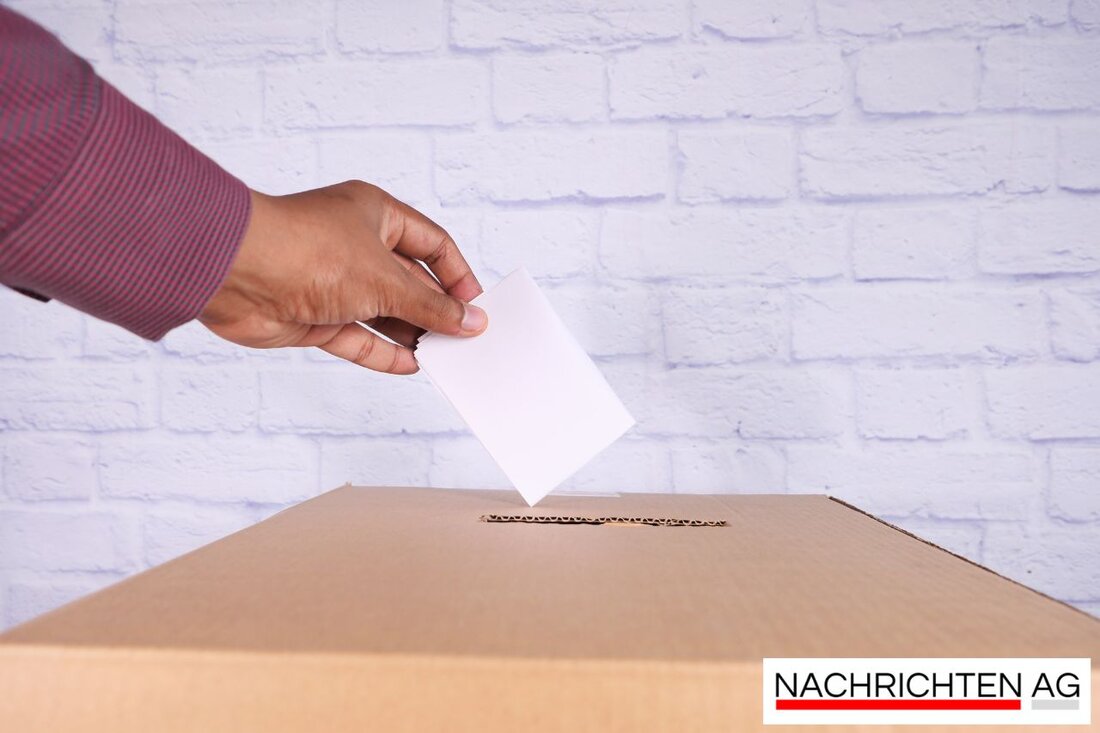Sleep challenge in Vienna: Samsung is calling for Sleeptember!
Vienna is hosting Sleeptember, a sleep promotion event, and Internet Summit Austria on digital democracy in September 2025.

Sleep challenge in Vienna: Samsung is calling for Sleeptember!
There are currently exciting developments in Vienna that affect both the way we deal with sleep and the digital landscape. On September 15th, Samsung will be announcing a very special initiative: the “Sleeptember by Samsung” event. This is a 30-day challenge to promote sleep, supported by the popular sleep coach Melanie Pesendorfer. Participants can look forward to weekly audio meditations and expert tips, which will be sent to them in a newsletter by the end of September. If you are interested, you can contact us at sleeptember.samsung.at Register to finally take part in the final event on September 29th in the Haus des Meeres.
Another exciting point in the digital area is the upcoming Internet Summit Austria 2025. Around 140 guests will gather here to discuss the challenges and opportunities in digital democracy. The focus is on topics such as self-determined IT infrastructure and Europe's technical dependence. There will also be panel discussions with representatives of the parliamentary parties.
The role of social media
A particularly important aspect that cannot be ignored is the development of information consumption behavior today. According to a report by the Federal Agency for Civic Education, access to reliable information has emerged as crucial for democracy. Many people, especially young people, consume over 67% of their news primarily via the Internet, with social media being a central platform. However, these developments also bring challenges. The loss of trust in traditional media is worrying, with only 47% of the German population now trusting the media, a survey shows.
What is particularly striking is the role of influencers who have established themselves as alternative sources of trust. In times of artificial intelligence, which is increasingly contributing to errors and disinformation, manipulation through social media is becoming an urgent issue. Political actors use targeted algorithms and emotional content to maximize user engagement and spread their messages in a targeted manner.
Effects on mental health
A study from the University of Western Ontario found that there is a clear connection between social media use and sleep quality. Adolescents and young adults are particularly affected because excessive screen use often leads to psychological problems such as sleep disorders. Over 50% of users use screens within an hour of bedtime, resulting in sleep deprivation and other mental health problems. FOMO, or the fear of missing out, also causes many people to stay online at night, which has a negative impact on their sleep quality.
To counteract this, experts recommend strategies for healthy use of social media, such as setting time slots for use or taking a digital break at least 60 minutes before going to bed. Relaxation exercises not only save nerves, but also promote the quality of sleep.
Amid these two issues – promoting sleep through initiatives like Sleepember and the challenges posed by digital information overload – it is clear that a balance between digital and real-world interaction is essential for well-being. So stay alert and focus on healthy habits, whether in sleep or data consumption!

 Suche
Suche
 Mein Konto
Mein Konto